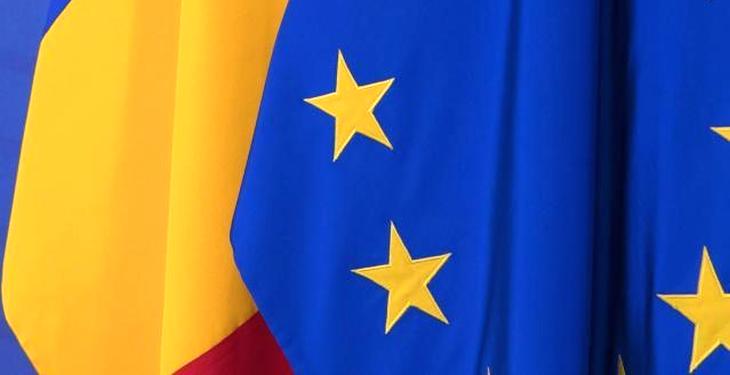President Jean-Claude Juncker and the College of Commissioners will be in Bucharest on 10-11 January, for the official launch of the Romanian Presidency of the Council of the European Union, the European Executive has announced. President Juncker will hold bilateral meetings with President Klaus Iohannis and with Prime Minister Viorica Dăncilă. Both meetings will be followed by joint press conferences. Also on the agenda of the visit are meetings with the President of the Romanian Senate, Călin Popescu Tăriceanu and President of the Chamber of Deputies, Liviu Dragnea. The President of the European Parliament, Antonio Tajani, and European Council President Donald Tusk will also be present in Bucharest.
Romania has the rotating presidency of the Council of the European Union for 6 months. On Friday, January 11, the College of Commissioners will participate in meetings with the President of Romania and the Romanian Government to discuss the main priorities of the Romanian Presidency, reunified in over 250 files handed over by the Austrian presidency.
What is the Council of the European Union?
The EU Council is composed of ministers from each of the countries of the Union, grouped together on dossiers and discussion themes. It should not be confused with the European Council – a structure made up of EU Heads of State and Government and having a permanent chairman (Donald Tusk now), elected for a two-and-a-half year mandate (with the possibility of one-time renewal). The EU Council (also called the Council of Ministers) is chaired by rotation, with a six-month mandate. The acting presidency is helped by the state that preceded it and the state that will succeed it.
The Council negotiates and adopts EU law, adapts them, if necessary, and coordinates common policies. In most cases, the Council decides with the European Parliament through the codecision procedure. Codecision applies in policy areas where the EU has exclusive competence or shared competence with Member States. In this case, the Council shall legislate on the basis of proposals submitted by the European Commission.
There are over 150 committees and working groups to help prepare ministerial meetings that examine proposals within the various Council configurations. These working groups and committees are made up of officials from all Member States.
